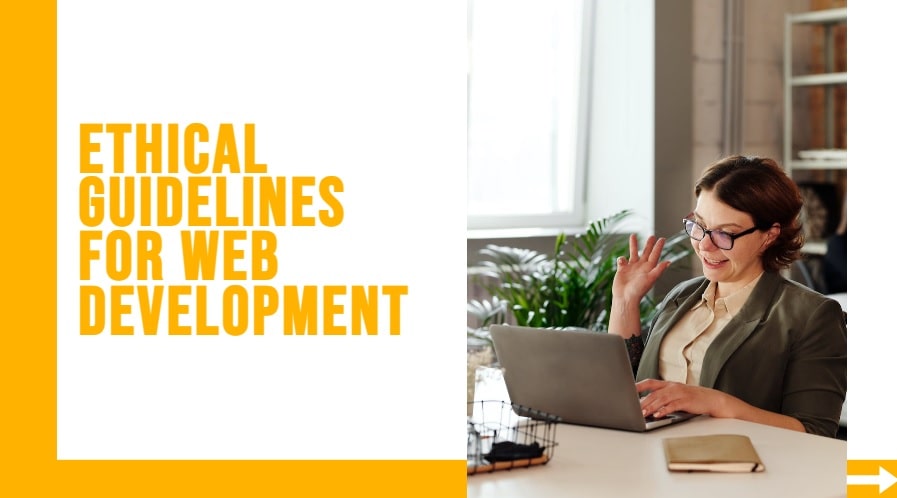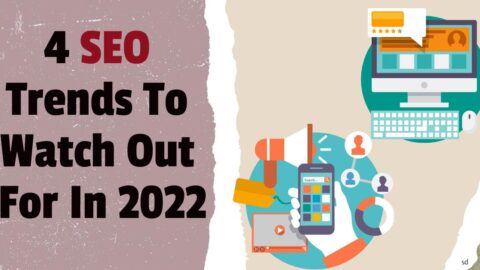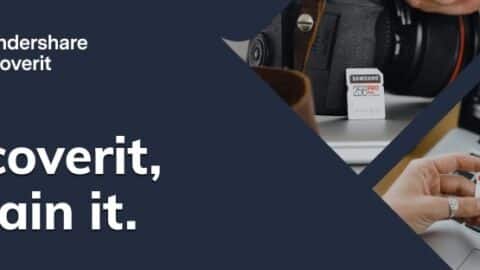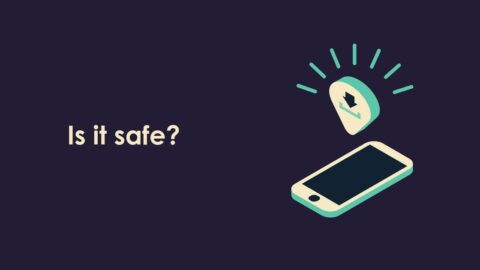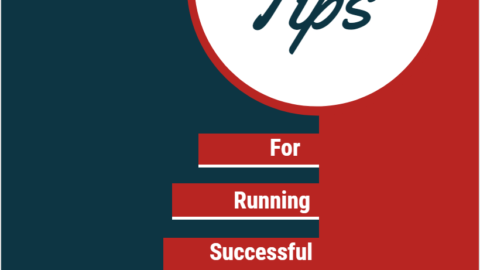Ethical Guidelines for Web Development
A website developer’s job is to create online experiences that are both enjoyable and safe for users. Using ethical practices in website development helps make the internet a better place for everyone. Companies like KeenEthics are leading the way in this domain by offering ethical website and education software development, turning more than 50 ideas into profitable products that range from MVPs to cloud-based and AI-powered solutions by ethical web design. There is a list of key ethical principles in website development and what they mean. Check out what are the ethical guidelines for web development.
Table of Contents
What are the ethics of web development?
The ethics of web development refer to the moral principles and values that guide the actions and decisions of web developers. These ethics encompass various aspects such as user privacy, data handling, security, accessibility, inclusivity, transparency, honesty, and the social impact of web applications.
Why is ethics important in web design?
Ethics in web design is crucial because it establishes trust with users, protects their privacy, and ensures a positive user experience. It also promotes social responsibility and adherence to legal requirements, contributing to a more inclusive, transparent, and responsible digital environment.
Easy to Use
When people try out a new product or website, they go through a learning phase. The easier something to figure out, the quicker users can get comfortable with it. So, when we’re making website apps, we should aim to make them as easy to learn as possible.
Here are some ways to make website apps user-friendly:
- remove extra fields from forms;
- simplify checkout processes;
- use clear and simple navigation;
- provide easy-to-understand error messages;
- offer helpful tips and tutorials.
Making things easier to learn also means people can get stuff done quicker and this is among Ethical Guidelines for Web Development. They won’t waste time figuring out a confusing layout. For example, several websites let users quickly buy items with a single click, using their saved credit card information.
Also, if users make mistakes, the error messages should be clear, so they know what went wrong and how to fix it.
Making Websites Work for Everyone
Making sure your website works for everyone is crucial nowadays. The internet isn’t just for people who can see or those without disabilities anymore. To be inclusive, your website has to be accessible to all to provide ease of use and longevity of your website.
Screen readers should be able to understand your site and help users interact with it. Often, the issue for customers with disabilities is that pictures don’t have alternative text or some parts of the site aren’t clickable which makes your site quite inconvenient.
Most of the time, people don’t mean to make their websites hard to use for those with disabilities. But making a site fully accessible is tough. A good way to check is to ask users to do specific things on your site. If they can do it, great. If not, you’ll learn what needs fixing.
Keeping User Information Safe
Another key topic is privacy. People search for something on Google and then start seeing tons of ads about it on every site they visit. And you’ve probably heard about Facebook checking our messages or Alexa listening to us at home.
As people who build websites, we’ve got a job to only collect the information that’s needed and to look out for our visitors.
Being Open to Users is Among Ethical Guidelines for Web Development
It’s smart to make your website app transparent. This way, people can make choices without feeling tricked. Like some apps, they offer a 30-day free trial, but if you’re not careful, you’ll get billed after the trial ends without a heads-up.
A more upfront way to do it would be to ask for credit card details only after the trial is over. This lets the user decide if they want to keep using the service or not. Billing them right after the trial without warning leaves a bad taste in their mouth.
Getting Users in the Loop
Creators make stuff that people will use a lot and hopefully enjoy. One way to get users engaged is to make things clear and simple. For instance, in an online store, you need to fill out details before your order goes through. A lot of times, this is broken down into steps, but it’s not always clear what’s coming next.
To make things better, you could put a step-by-step guide at the top of the form. This shows the user what needs to be done to complete the order. It helps them see how long it will take and what’s coming up.
A solid way to involve users is to use Human-Centered Design (HCD), a method made popular by Don Norman. This focuses on what the user needs and wants.
Going Green Online
The internet is a big polluter, and not many people are talking about it. If it were a country, it would be the 6th largest in terms of pollution, and it’s getting worse.
When we build websites, thinking about the environment is a good move. By using green website hosts instead of those powered by coal, and by following eco-friendly practices, we can make websites that pollute less, work better in search engines, and are easier to access for people with slow internet access.
Keenethics is a company that aligns well with the principle of going green online. With their commitment to ethical website and mobile development, they set an example for how digital projects can be both effective and environmentally conscious. They not only create user-friendly platforms but also consider the larger impact of their work, aiming for sustainability in every project. By choosing to work with such companies, you’re choosing a cleaner, more responsible internet.
Final Words on Ethical Guidelines for Web Development
Small and as you may think unimportant decisions can bring enormous problems to your website. Ethics stands in the way of rapid advancement, growth, and quick revenue. Ethical design ensures the longevity of your website and helps you to increase the future of your business due to the ease of use and privacy for users. Visit Keenetichs.com to find out more about ethical designs.

Magdalena Polka is a Business Solution Designer and an Information Technology / Project Management consultant and author with over 15 years of software development, management and project management experience.

